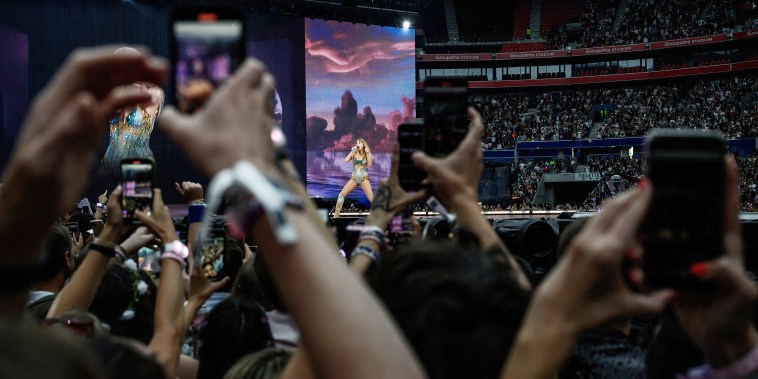The Funflation Effect: A Surging Trend in Consumer Spending
The concept of funflation has gained significant traction in recent times, especially with regard to the way Americans are allocating their discretionary income. This trend, characterized by increased spending on entertainment, travel, and leisure activities, has reshaped consumer behavior and economic dynamics in exciting ways.
One of the key drivers behind the funflation effect is the changing priorities of consumers. With an increasing recognition of the importance of experiences over material possessions, individuals are opting to spend their money on activities that provide enjoyment, satisfaction, and lasting memories. This shift in mindset has propelled industries such as travel, hospitality, and entertainment to new heights, as people seek out novel experiences and adventures.
Moreover, the rise of social media and digital platforms has played a crucial role in amplifying the funflation effect. The ability to share experiences and connect with others online has heightened the desire for unique and Instagram-worthy experiences that can be shared with friends and followers. As a result, individuals are more willing to invest in experiences that not only bring personal fulfillment but also enhance their social image and status.
Another important factor contributing to the funflation effect is the overall economic environment. As the economy continues to recover from the impacts of the pandemic, consumer confidence is on the rise, leading to increased spending on discretionary items. With more disposable income at their disposal, Americans are seizing the opportunity to indulge in experiences that bring joy, excitement, and a sense of freedom.
The travel industry, in particular, has experienced a significant surge in demand as people seek to break free from the monotony of lockdowns and restrictions. From domestic road trips to exotic vacations abroad, individuals are eager to explore new destinations, immerse themselves in different cultures, and create lasting memories with loved ones. This pent-up demand for travel experiences has not only revitalized the tourism sector but has also provided a much-needed boost to local economies worldwide.
In addition to travel, entertainment and leisure activities have also seen a surge in popularity as people look for ways to unwind, relax, and escape the stresses of daily life. Whether it’s attending live events, dining out at restaurants, or engaging in outdoor adventures, individuals are increasingly prioritizing experiences that bring joy, excitement, and a sense of fulfillment.
Overall, the funflation effect reflects a fundamental shift in consumer behavior towards prioritizing experiences and enjoyment over material possessions. As Americans embrace the idea of living life to the fullest and creating lasting memories, industries that cater to leisure and entertainment are poised for continued growth and innovation. By understanding and adapting to this evolving trend, businesses can capitalize on the opportunities presented by the funflation effect and engage with a new generation of consumers seeking meaningful and enriching experiences.
